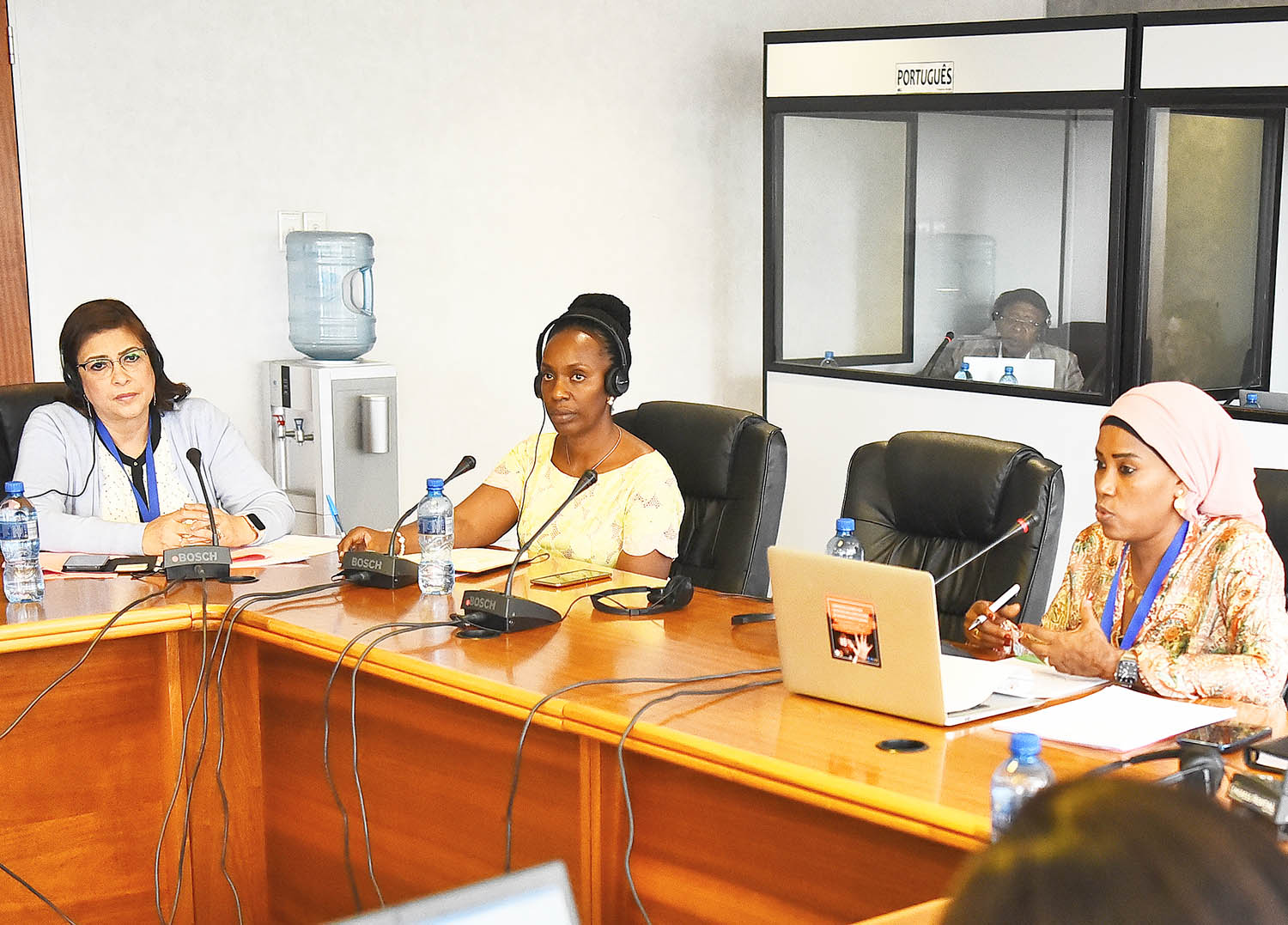|
Getting your Trinity Audio player ready...
|
The Pan-African Parliament’s (PAP) Women’s Caucus will, on November 4 and 5 2022, host the 13th Conference on Women’s Rights under the theme “Women empowerment and inclusion in governance.”
The Women Caucus has met to discuss the upcoming conference on the sidelines of the continental Parliament’s First Ordinary session of the Sixth Parliament which kicked off on 24 October and will end on 11 November in Midrand, South Africa. The PAP session is guided by the African Union theme for 2022, “Building resilience in nutrition on the African Continent: accelerate the human capital, social and economic development.”
Mindful of issues affecting women across the continent, the conference will afford women a platform to interrogate the role of women in governance. Chairperson of the Women’s Caucus, Hon Amina Tidjani Yaya said the Women’s Caucus is excited to be hosting such a high-level conference.
“Women play a significant role in many aspects of our society and we are looking forward to hosting this high-level engagement. The platform will give us an opportunity to come up with tangible recommendations after we have interrogated initiatives for women’s economic empowerment. Among other things, we will also discuss women in decision-making positions and the role of women legislators in addressing the existing gaps between policy framework on women’s rights and actual realities of African women,” said Hon Amina Tidjani Yaya.
The main highlights of the Conference include discussions centring on the African Continental Free Trade Area and how women entrepreneurs can access trade and investment zones, investors, and suppliers. Capacities of women will be built for an in-depth understanding of recent continental and international commitments of African Union (AU) Member States to address gender inequality and implement women’s empowerment.
The Conference envisages bringing together parliamentarians from AU Member States; Members of Parliament of PAP; representatives of the AU; United Nations and its agencies, particularly the UN Women; representatives from development institutions, and development partners.
SOURCE: PAN AFRICAN PARLIAMENT






